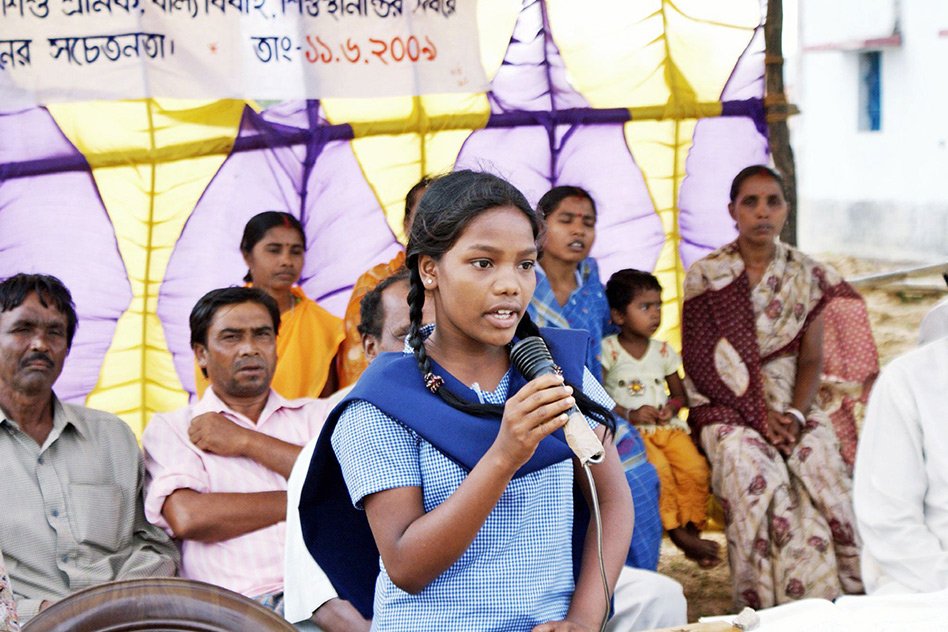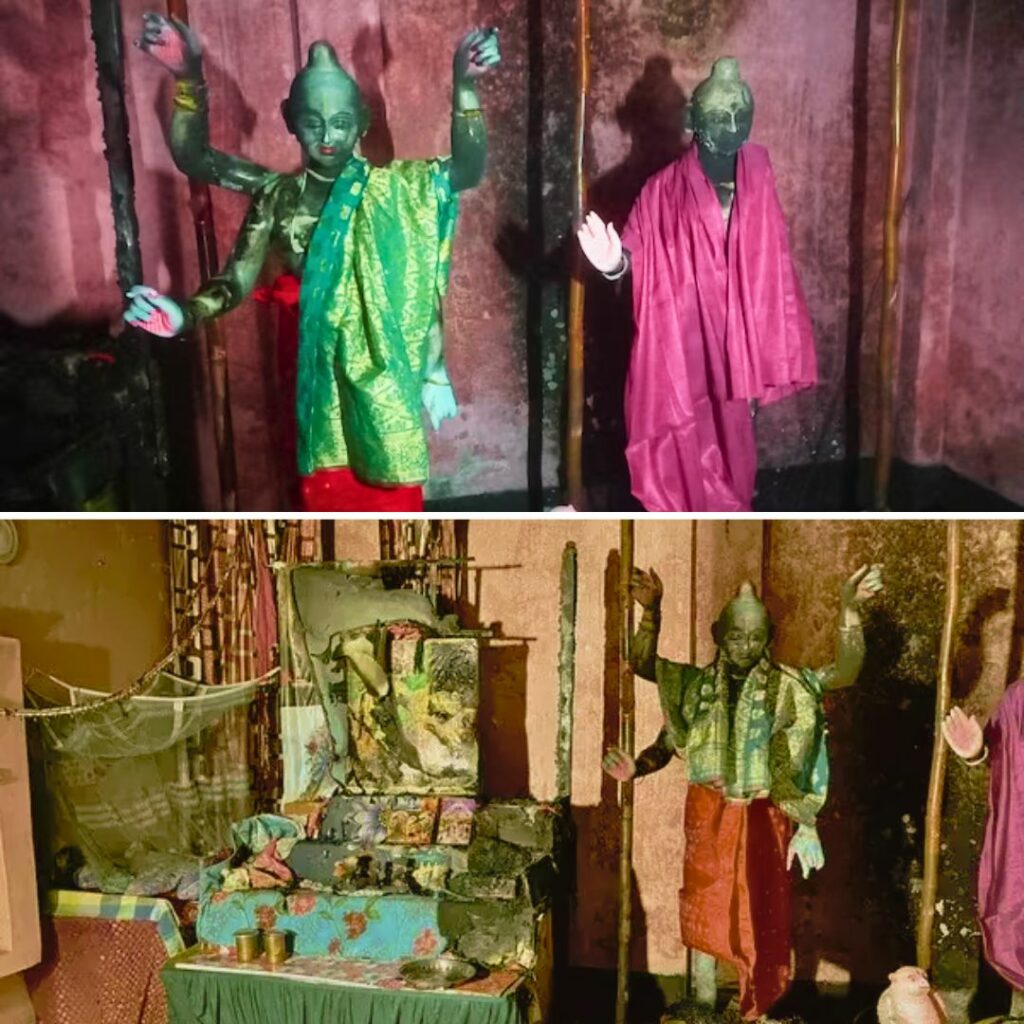Image Source: Reuters/Danish Siddiqui
How many of us have heard the names of Malala Yousafzai, Anne Frank and Hellen Keller? It does not take a genius to guess. How many have heard the name of Rekha Kalindi? Scratching your heads? Rekha Kalindi has appeared along with Malala, Hellen Keller, Anne Frank and others in a Dutch book named Kinderen Die De Wereled Hebben Veranderd’ (Children who changed the world). The book was released last year to mark the 25th anniversary of the UN Declaration of the Rights of the Child.
Rekha hails from village Jhalda II in Purulia district of West Bengal. As in many villages in India, the birth of a girl is considered a bad news here. Also, the rate of literacy is among women is one of the lowest in the country.
Like other children of her village, Rekha started helping her mother in household chores at a very early age. She even started working at the age of four, rolling beedis along with her mother. However, she battled against child labour which brought her to the notice of the National Child Labour Project (NCLP), which, in collaboration with UNICEF, got her admitted in a special school in exchange for monetary compensation. It was there that she learnt that she had rights and was not the property of her parents to dispose of her as they wished through an early marriage.
At the age of 10, Rekha refused to marry because she had witnessed the fate of her elder sister who had got married and given birth to four still-born children at the age of 12. She even narrated the story of her sister and about her own refusal to marry during a school performance when Bengal’s Minister of Labour was present. Although the speech got extensive media coverage, Rekha was beaten by her mother, deprived of food and prohibited from returning to school. It was only due to the intervention of a teacher and the Minister of Labour that she was allowed to attend school once again.
Rekha’s story inspired at least 10, 000 girls from Purilia district to refuse early marriage and continue with their studies. In fact, the narrative finds mention in a class 5th textbook. In recognition of her act of defiance and social message, Rekha got the Bravery award in 2009 at the hands of the then President, Pratibha Patil. Sunita Mahato, Afsana Khatun and Rekha received Rs 10000 each from the President.
Rekha continued to study to study at Jhalda Satyabhama Vidyapith, actively campaigning against child labour and child marriage, and aspiring to be a teacher. While there may be some more years for her to become a teacher, the latest news is that she has featured in a French book now. Entitled, The Strength to Say No: One Girl’s Fight Against Forced Marriage, the book has been authored by Rekha herself in collaboration with Mouhssine Ennaimi and now translated into English by Sarah Lawson. Here is an excerpt of her conversation with her would-be-groom, whom she rejected:
“I am always chosen to perform the Indian national anthem and the traditional songs of Bengal. Do you know that most children’s diseases are spread by mosquito bites?”
“No, I didn’t know that.”
“I learned all that at school, just as I learned the importance of hygiene, reading and mathematics, and I can’t see myself abandoning all that to marry you!”
We hope that this documentation of Rekha’s life shall take the Indians by storm, just like it did the French.











